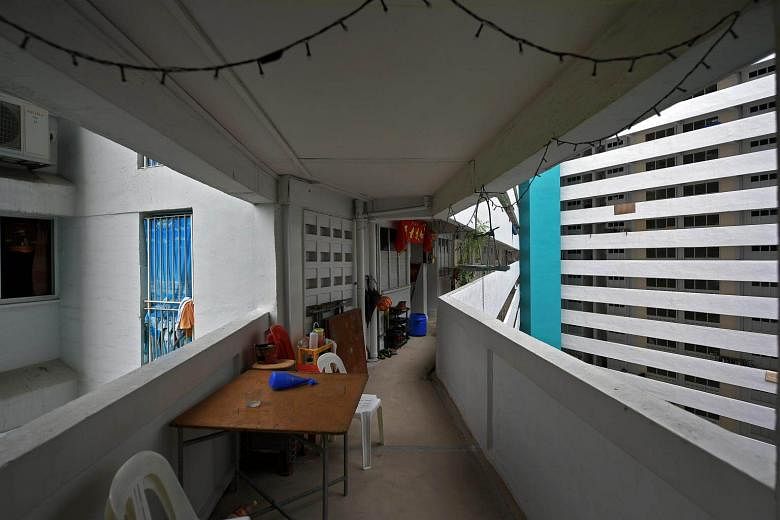SINGAPORE - The transfer of industrial land and properties under the HDB to JTC Corporation will not translate into higher rents for the majority of tenants and lessees, said Minister for Trade and Industry (Trade) Lim Hng Kiang.
HDB and JTC's rents are set based on similar principles and are in line with market rates, he told Parliament during Monday's (Sept 11) debate about the Jurong Town Corporation (Amendment) Bill.
About 10,700 industrial units and 540 industrial land leases will be consolidated under JTC in the first quarter of 2018, to better support the growth of small and medium-sized enterprises (SMEs).
The move, first announced last October, aims to streamline operations under JTC to make life easier for tenants and lessees, who will have to deal with only one agency.
The types of industrial properties under HDB are industrial complexes, industrial shops, standard factories and terrace workshops.
Most of HDB's industrial tenants and lessees are micro-SMEs, with average annual sales of less than $1 million.
Members of Parliament, including Mr Thomas Chua (Nominated MP), Mr Louis Ng (Nee Soon GRC) and Mr Leon Perera (Non-constituency MP) said companies are concerned what this change will mean for their rental rates and tenancy renewal terms.
Industrial property customers' contracted rents with HDB will continue for their current tenancies, Mr Lim reiterated in his speech.
In addition, market rents have moderated in recent years and are likely to moderate further. This means most of the HDB's existing customers are unlikely to see rents go up when they renew their tenancies in 2018, he added.
However, some companies could face higher rents when they renew their tenancies in 2018 because of the low contracted rents in their current term.
For example, some HDB customers who shifted from their existing HDB premises to HDB's Kaki Bukit Autohub were allowed to pay lower rents to help with the transition.
When they renew their tenancies in 2018, they will pay the market rents for the Autohub, which are higher, said Mr Lim.
To cushion the impact of rent increases, JTC offers tenants a staggered rent scheme, which will continue after the consolidation.
Besides rents, the other tenancy policies of HDB and JTC are also generally aligned, he added.
In response to Mr Ng, who asked if the Government has plans to divest more industrial properties to the private sector, Mr Lim said: "We have no such plans. If we had, we would not be taking over HDB's industrial properties."
He added that the consolidation will allow the Government to undertake more holistic master-planning of industrial estates, optimise the use of industrial land and cluster complementary activities together.
Responding to Mr Perera, who noted that JTC holds a smaller share of industrial space than it did in the past with a larger share now held by the private sector, Mr Lim said: "We now leave the provision of standard, common-user industrial space to the market, because JTC cannot add additional value for such properties. Instead, JTC's involvement is through the land sales programme. We release sufficient land to keep rents and prices affordable."


